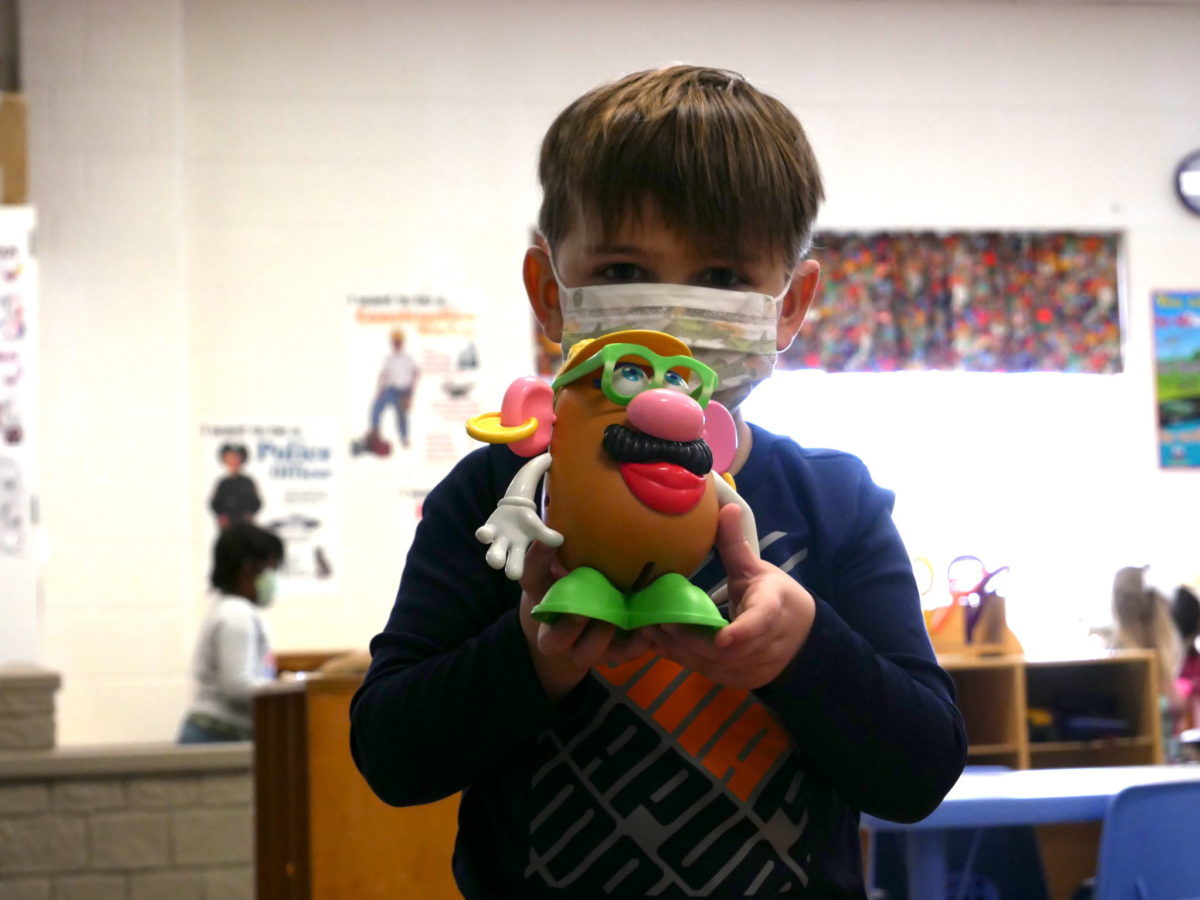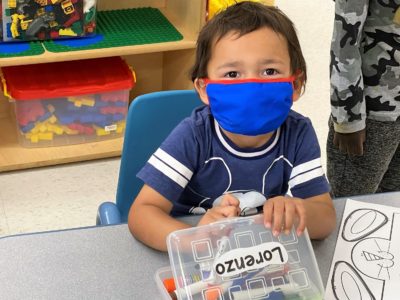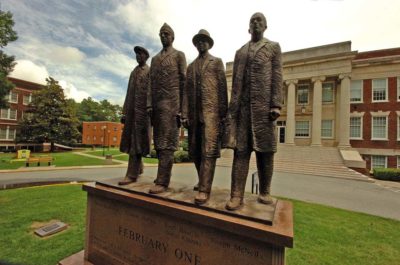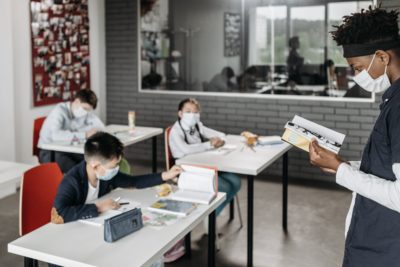

As schools reopen to full in-class learning for the 2021-22 year, let’s turn to the fluffy curmudgeon, the green guy with the wide mouth and bulging eyes, who lives in a garbage can. “Oscar the Grouch here to tell you, yea you, to wear a mask out in public around other people,’’ he says. “…And if you don’t want to wear a mask, I just got something to tell you: scram, go away.”
Oscar began offering his admonition in Sept. 2020. Still, it seemed freshly relevant, when I saw it on a TV screen this week, in light of guidance from both the Centers for Disease Control and the American Academy of Pediatrics on keeping students, teachers, and staff safe as the persistent coronavirus surges again.
A year ago, public officials, school administrators, teachers, and parents grappled with heart-tugging options that resulted in a patchwork of daily classes, with a heavy reliance on instruction delivered online. After several months, many parents grew weary from the stress, and some blamed teachers for resisting a quick return to in-class schooling, when in fact parents as well as teachers were divided over how best to cope with the pandemic.
Now, in North Carolina as elsewhere, a consensus has solidified for a return to all-in-school public education. While some young people have benefitted from tutoring by parents or in neighborhood pods, in-class is better overall than at-home virtual schooling — both for young people living in economic or social distress and for anxious working parents.
“Remote learning highlighted inequities in education, was detrimental to the educational attainment of students of all ages, and exacerbated the mental health crisis among children and adolescents,” says the pediatrics academy in its recent commentary. And it goes on to say, “Disparities in school funding, quality of school facilities, educational staffing, and resources for enriching curricula among schools have been exacerbated by the pandemic.”
Public schools exist, of course, within the context of the world outside the schoolhouse. Over the past 10-12 months, American voters replaced a president. A rioting mob attempted to disrupt — unsuccessfully — the certification of electoral votes. North Carolina voters returned a divided state government, with a Democratic governor and a Republican-majority legislature. Misinformation and disinformation continue to flow through cable TV and the internet.
Amid the political tumult, a hugely important development came in the production of hundreds of million doses of vaccines effective against COVID-19 now available to adults and teenagers. The pediatrics academy’s guidance refers specifically to “proper prevention measures” and the “availability of effective vaccines for those age 12 years and up” as key factors in minimizing risks to reopening schools.
“Because school transmission reflects (but does not drive) community transmission,” says the pediatrics paper, “it is vitally important that communities take all necessary measures to limit the community spread of SARS-CoV-2 to ensure schools can remain open and safe for all students.”
Today as a year ago, a successful school year hinges on the extent to which the civil society remains disciplined in adopting the measures to thwart the spread of the virus. As the recent upsurge has made manifest, too few people have gotten themselves vaccinated and too many are going without wearing masks where they should. Thus, it falls to political leadership to, well, lead. The Founding Fathers sought to keep government in check, but they also established a government to act to promote the general welfare.
“If men were angels, no government would be necessary,” says Federalist No. 51. “If angels were to govern men, neither external nor internal controls on government would be necessary. In framing a government which is to be administered by men over men, the great difficulty lies in this: you must first enable the government to control the governed; and in the next place oblige it to control itself.”
Opening schools safely represents a test of a democracy that values individual liberty, but also requires elected officials and citizens to advance the common good.




